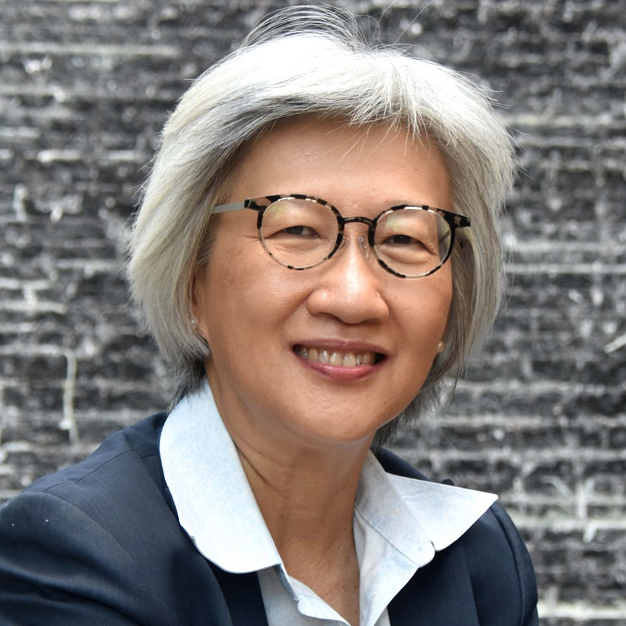A trend has emerged over the past 10 years or so that has seen a significant shift, led by the courts, governments and businesses, to tackle dispute resolution through mediation, when it comes to commercial, civil and family disputes. Cost, efficiency and time are seen as the driving factors. With high settlement rates, the movement towards mediation has had a significant impact on the legal community in Asia.
Singapore’s leading mediation experts agree that the current economic and business climate, driven in part by the pandemic, has created a niche market for mediation to thrive.
The 2019 signing of the Singapore Convention on Mediation (“Singapore Convention”) and pandemic have created the perfect storm for mediation to shine. As of March 2022, the Singapore Convention has 55 signatories, out of which 9 have ratified.
While the Singapore Convention is still very much in its infancy, the number of signatory states continues to rise and the momentum is taking shape. There is no doubt that Singapore is leading the way in the mediation scene. The Singapore’s Mediation Act, which came into operation on 1 November 2017, provides a mechanism for a privately mediated settlement agreement to be converted into a court order. This unique mechanism is meant to attract parties to use the mediation process with the assurance of finality and enforceability of their mediated settlements. The Singapore Convention, once ratified by many signatory states, will provide a harmonised framework to enforce international mediated settlement agreements, putting the mediation process on equal standing as arbitration.

“The broad international coverage of the Singapore Convention has brought mediation to the forefront for many disputing parties. Countries that have not experienced mediation or used it as a tool on a frequent basis for dispute resolution now see its effectiveness through third parties,” says Ms Sharon Lin, Partner at Withers Khattarwong LLP.
Prior to the arrival of the pandemic, mediation was often done face to face, yet its effectiveness hasn’t waned through remote or hybrid methods. However, convenience comes at a cost, and the ongoing risks of cyber-security, illegal recordings and breach of confidentiality are all at stake. These issues will cease to matter once we return to normalcy in a post-pandemic world.
“Disputing parties will have greater confidence in using mediation to resolve their dispute as a mediated settlement agreement can now be enforced more easily,” she added.
Getting it right

“A lot has changed since 2019 when the Singapore Convention was signed by 46 jurisdictions. Now we have countries including Honduras and Fiji as co-signatories and what we do know is that mediation is really quite different across these jurisdictions. As mediators, lawyers and mediation service providers, the challenge is to provide an outcome that the clients are happy with,” says Mr Aloysius Goh, CEO of SAGE Mediation.
“A lot has changed since 2019 when the Singapore Convention was signed by 46 jurisdictions. Now we have countries including Honduras and Fiji as co-signatories and what we do know is that mediation is really quite different across these jurisdictions. As mediators, lawyers and mediation service providers, the challenge is to provide an outcome that the clients are happy with,” says Mr Aloysius Goh, CEO of SAGE Mediation.
This is where a mediation advocate comes into play. Knowing how to advise a client who is going into mediation becomes a very important skillset.

“We are moving away from the situation where you head straight to court or arbitration if you have a dispute. Mediation is now a viable alternative,” says Ms Low Lih Jeng, Former District Judge and Senior Consultant at SAGE Mediation. “The courts are using mediation as a way to reduce their caseloads. It has developed and been so successful that the courts now have the power to order parties to consider mediation or arbitration before going to trial.”
“We are moving away from the situation where you head straight to court or arbitration if you have a dispute. Mediation is now a viable alternative,” says Ms Low Lih Jeng, Former District Judge and Senior Consultant at SAGE Mediation. “The courts are using mediation as a way to reduce their caseloads. It has developed and been so successful that the courts now have the power to order parties to consider mediation or arbitration before going to trial.”
In some cases, they may order costs against those who refuse to go into mediation. This is one reason why mediation advocacy is so important.
A mediation advocate should be aware of and advise his/her client using the following as a rough guide. As a general overview in many disputes there are a number of options available. There is negotiation as a first resort, mediation as a second, arbitration as a third and court as a final step. In each and every case, lawyers may be needed and therefore costs and time required will rise exponentially, which is why mediation (or negotiation) is such an attractive option. Obviously, disputes carry their own unique set of circumstances and therefore not every case is suited towards mediation. Good mediation advocates will discuss all options.
The structure of mediation

“Over the past 20 years, mediation has become more organised and structured. There are a range of standards and expectations that need to be taken into account; culture being one of them,” says Professor Joel Lee of the National University of Singapore’s Faculty of Law.
“Over the past 20 years, mediation has become more organised and structured. There are a range of standards and expectations that need to be taken into account; culture being one of them,” says Professor Joel Lee of the National University of Singapore’s Faculty of Law.
Such cultural differences, sensitivities and behavioural expectations should not be underestimated. ‘Cultural fluency’, as Professor Lee calls it, is an important core competency and consideration. For example, what is acceptable in the USA or UK may not be so in Singapore or Hong Kong. Sensitivity to and surrounding the context becomes an important consideration and mediation advocates need to show that they have an appropriate understanding and awareness of these matters.
As mediation continues to grow in sophistication, it is still less structured and regulated than arbitration or the courts, but there are still industry standards, practices and expectations in place which may vary across jurisdictions and industries.
While these expectations are not set in stone, there should be some sort of system and measuring tool to ensure there are no gaps in expectations versus reality. An encouraging trend that is emerging is different jurisdictions, bodies, institutions and industries is the act of sharing standards and practices and forming an informal partnership or coalition, thus creating a more fair and less murky playing field.
This article was written by Chris Bisogni for Conventus Law in association with Withers KhattarWong.
The views and opinions expressed in this article are those of the author and do not necessarily reflect the opinions, position or policy of Withers KhattarWong or its other employees and affiliates.

For further information, please contact:
Sharon Lin, Partner, Dispute Resolution, Withers KhattarWong
sharon.lin@withersworldwide.com


